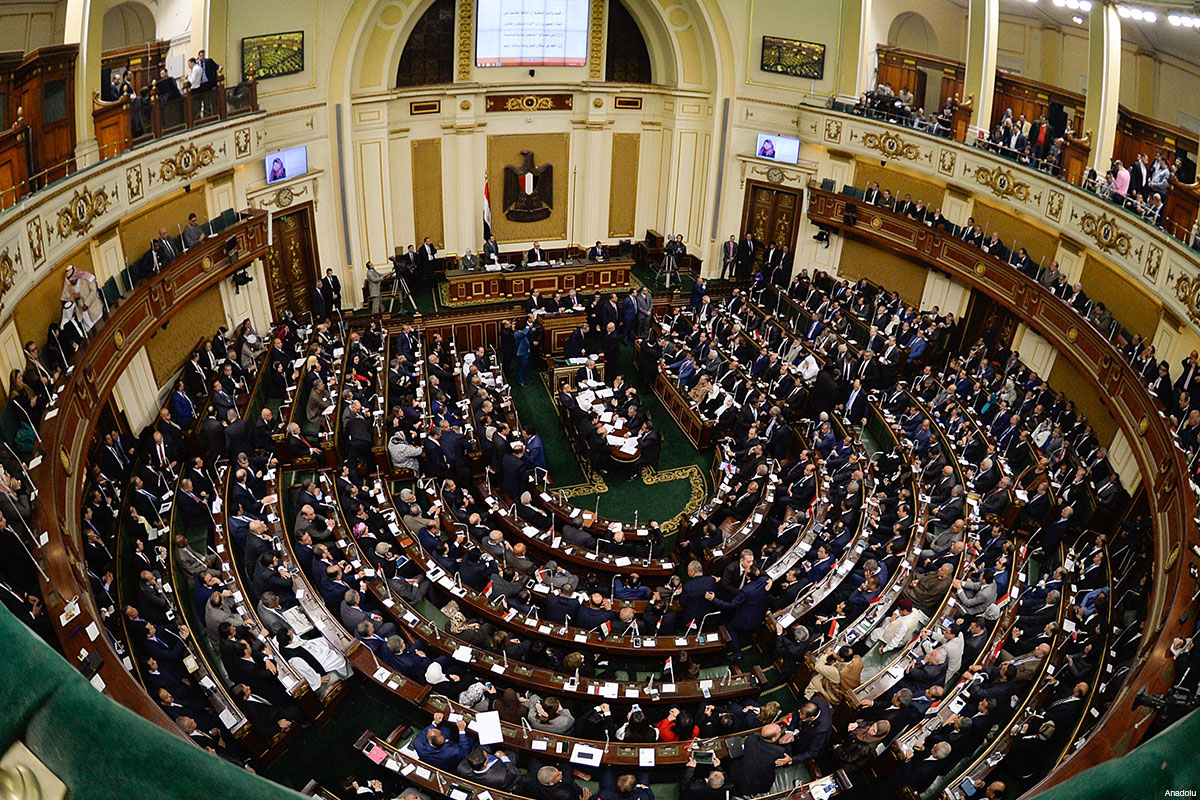A beacon of liberation, renewed national spirit, and secular conviction, al-Wafd rose to become one of Egypt’s most prominent political parties. The eruption of the 1919 Revolution, led by Saad Zaghloul, came to liberate Egypt from the shackles of British occupation and allowed for the creation of the country’s first institutionalised political organisations in contemporary history.
Egypt was on the cusp of political revolution and modernity.
Under the guidance of Saad Zaghloul and Mostafa El-Nahas, al-Wafd ushered in a new era of leadership following the termination of British rule. Al-Wafd became a dominant political force garnering massive public support and admiration. The party was able to contribute immensely to the development of the 1923 Constitution, and the evolution of Egypt’s reigning political system.
The 1923 Constitution had established a new constitutional monarchy, where power would emanate from a nationally-elected, representative body of parliamentarians. Wafdists highly supported the end of dynastic rule and encouraged more democratic forms of governance.
In the parliamentary election of 1924, al-Wafd won emphatically securing 179 of 211 parliamentary seats. As a newly elected prime minister, Zaghloul selected a cross-section of Egyptian society for his cabinet, which he named the “People’s Ministry.”
According to Raymond Hinnebusch, a prominent Professor of International Relations and Middle East Politics at the University of St. Andrews, Saad Zaghloul’s “rhetoric took on an anti-establishment tone, however, the Wafd’s leaders-lawyers and proprietors-never questioned the sanctity of private property or envisioned a social revolution.”
The Wafdist government did not last long, however.
Over a period of three decades, between the end of British rule and the outbreak of the 1952 Revolution, the balance of powers between the King, the Wafdist leadership, and the British Residency remained turbulent. This was further exacerbated by the reluctance of the al-Wafd to consolidate their political powers.
The Wafdist leadership had “allowed the British to impose a semi-constitutional regime reserving broad powers for the King and themselves, and chose to work within this system.”
Although the party had morphed into one of the most successful political organisations and was the governing party, albeit with limited political power, the rise of Gamal Abd El-Nasser swiftly ended the era of liberal politics in Egypt.
Following the 1952 Revolution, led by Gamal Abd El-Nasser, all political parties were abolished.
Nasser’s attempts to dismantle the old political order had succeeded and the establishment of a single-party authoritarian regime led by the Free Officers Movement became Egypt’s political reality.
The presidencies of Anwar Sadat and Hosni Mubarak were quite different to their predecessor. The introduction of limited pluralism had created an increased number of political parties, however, they would remain marginalised largely as a result of rigid laws and systematic election fraud.
In 1978, Al-Wafd was re-established once again during the era of Anwar Sadat under the name the “New Wafd” party. The New Wafd struggled to attract the immense public support it had once commanded earlier in the 20th century.
A failed party coalition with the Muslim Brotherhood in 1984 and later in 2011 under the Democratic Alliance would alienate the party from its support base.
The New Wafd party still continues to play an active political role today, with a number of businessmen among its ranks, and is considered one of the most funded political parties in Egypt.
The party’s spokesman, Yasser al-Hudaybi, confirmed that the New Wafd has “500,000 members and more than 220 offices throughout Egypt.”
Recently, the election of Abdel-Sanad Yamama as leader of the New Wafd party promises to instil renewed vigour and life in one of Egypt’s most prominent political opposition parties. Yamama believes that previous leadership has turned “al-Wafd into a pro-government party”, as a result moving away from both its main principles and doctrine.
Yamama strives to restore the New Wafd’s “true role as an opposition party defending liberal democracy, active political participation, rights, freedoms, social justice, and Egypt’s pioneering role in its Arab and regional sphere.”
Al-Wafd has long been a cornerstone of party politics, creating an iconic political front that strived to protect liberal ideals and equality amongst all Egyptians. The reincarnation of the party under Anwar Sadat and its role under successive regimes has been a testament to the sheer political might commanded during the leadership of Zaghloul.







Comments (2)
[…] الوفد: رحلة الحزب السياسي الأيقوني في مصر […]
[…] Al-Wafd: The Journey of Egypt’s Iconic Political Party […]